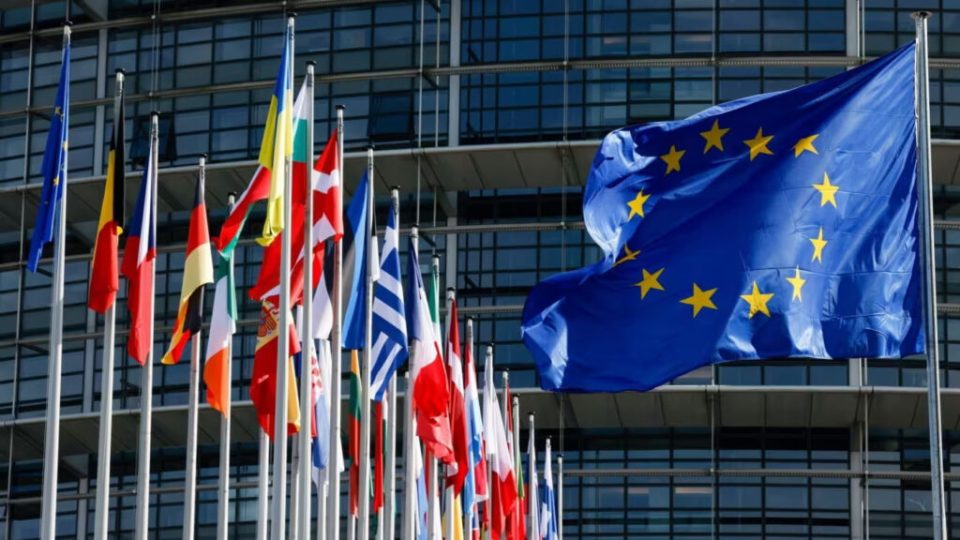May 1 marks 21 years since the European Union’s biggest wave of enlargement, known as the Big Bang. On this day in 2004, ten countries joined the bloc. As a result, the number of EU countries has risen from 15 to 25 and the population has increased by 75 million.
The countries that joined on that day are: Estonia, Latvia, Lithuania, Poland, Hungary, Slovakia, Slovenia, the Czech Republic, Cyprus, Malta, Latvia, Lithuania, Hungary, Poland, Slovakia, Slovenia and Cyprus.
“I think what this event has shown us is that the European Union is a much better future for our citizens. In the last 21 years, all the countries that joined in 2004 have seen economic growth, a higher standard of living for their citizens, much more diverse and enhanced economic opportunities. So, we can learn from these 21 years that the European Union is not only an area of peace, but also of economic prosperity”, Cristina Gherasimov, Deputy Prime Minister for European Integration of the Republic of Moldova, told a press conference.
Enlargement has brought several benefits to the Member States, including improved quality of life, studies and business, thanks to access to the single market and EU funds, and higher per capita incomes. According to research, GDP per capita in the 10 countries increased by 27%.
Any European country can join the EU if it meets the accession criteria, also known as the Copenhagen Criteria: the rule of law, having stable institutions that can guarantee democracy, a functioning market economy and the capacity to cope with the competitive pressure of the EU market, the ability to assume the obligations of membership of the EU bloc, including the ability to implement all EU legislation and to adhere to the Union’s objectives, and respect for human rights and the protection of minorities.
The accession process takes place in three stages. First, the country submits an application for membership to the Council of the European Union, followed by accession negotiations, during which the candidate country brings its national legislation into line with EU standards. The third stage is the accession stage. The EU bloc’s executive gives its opinion on the candidate country’s level of preparedness and drafts an accession treaty.
There are currently nine countries with candidate status for EU membership, including the Republic of Moldova. The country applied for membership in March 2022. On June 25, 2024, the European Union opened accession negotiations with the Republic of Moldova. In March this year, Chisinau reached the half-way point in the bilateral screening process, the first stage in this negotiation process, after which negotiations on each cluster follow.
The most recent enlargement of the EU bloc was on July 1, 2013, when Croatia joined, and there are now 27 member states after the United Kingdom of Great Britain and Northern Ireland withdrew from the union in 2020.


